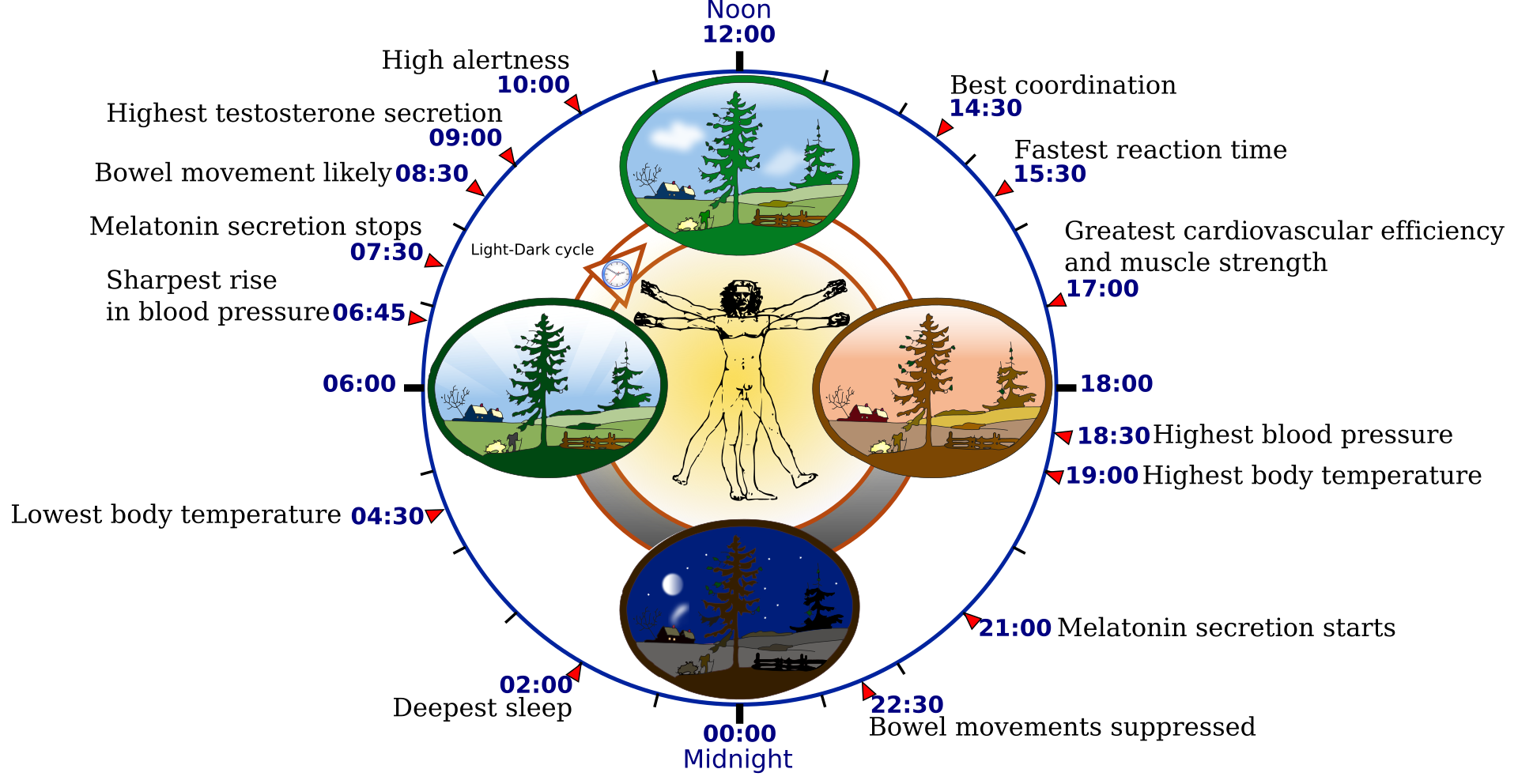There's that word, "measured" right at the end of your sentence.
Of course, the universe doesn't care about time, humans do.
So I think a relevant question is: was time emerging before humans evolved and started measuring it?
Or an alternative question: what was measuring time before humans started doing it?
Of course it did , but no one was measuring. Well, actually, many biological systems were measuring "duration" between change.
Even the slime mold has memory of "duration", but has no clue about time!
Again with the "time exists because three dimensions exist". Existence implies time, right, I get it. But isn't existence really just another way of describing time? Like the word duration; in fact like many words in the English language which imply a temporal dimension?
Right, in fact many biological organisms have forms of measurement of duration.
This argument has been made by lots of people, who claim that defining time in a linguistic sense has a problem, in that all human languages are temporal. So there is no language independent of time (or duration, or past or future, etc etc) to describe time.
Right, plants have no words for time, but they can learn "duration'.
A circadian rhythm is a natural, internal process that regulates the sleep-wake cycle and repeats on each rotation of the Earth roughly every 24 hours. It can refer to any biological process that displays an endogenous, entrainable oscillation of about 24 hours.
https://en.wikipedia.org/wiki/Circadian_rhythm
"Time exists" is a statement which is true because it refers to itself; all it really says is "time is time". So it's one of those vacuously or tautologically true things about time. It really doesn't tell you anything.
No, it is a circular argument.
OTOH, the statement that "Time is a measurement of duration" tells you that EVERYTHING in existence has an associated timeline, including the Universe (spacetime).
Time does does not exist in and of itself. It is always attached to something "durable", or "chronological".


